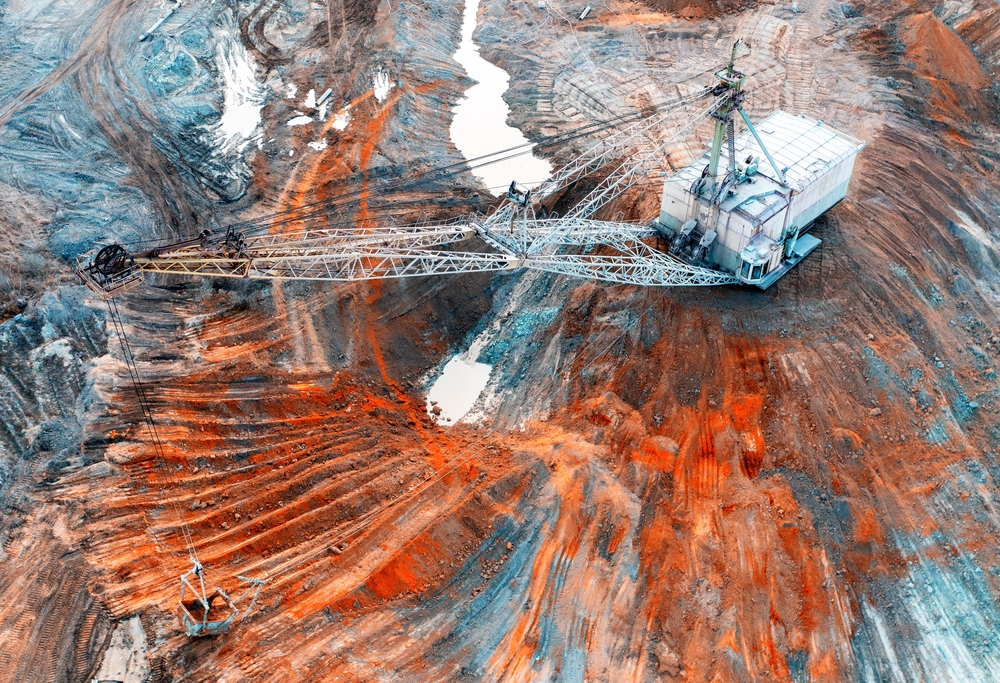Critical minerals: How to secure stable and resilient supply chains? Views from Europe and Japan

Practical information
The war in Ukraine has highlighted once again the importance that stable supplies of critical raw materials play in building resilient supply chains.

Indeed, as the twin transition toward a green and digital future pushes onward, sustainably securing a diverse array of mineral resources, from cobalt to nickel to rare earth elements, will only become more crucial. Japan and the EU have each developed strategies to overcome supply challenges and address their own unique constraints – including technological hurdles, environmental pressures, resource scarcity at home and geopolitical pressures abroad. What are the strengths and weaknesses of each approach? How is the mining industry – particularly through new methods and technologies – adapting to the challenges and opportunities of shifting geopolitical, social, environmental and market conditions? How might the EU and Japan cooperate better to ensure stable, sustainable supplies of critical raw materials in the decades to come?
PROGRAMME
Following a brief (10 minutes) set of remarks by each speaker, the discussion will interactive and led by the Chair. Q/A from the audience will be included in the discussion.
Chair and discussion leader: John SEAMAN, Research Fellow, French Institute of International Relations (Ifri)
- Peter HANDLEY, Head, Energy-Intensive Industries and Raw Materials Unit, DG GROW, European Commission
- Kotaro SHIMIZU, Chief Analyst, Mitsubishi UFJ Research and Consulting
- Monique LE GUEN, Executive Expert Mine Geology, Eramet Ideas
- Henry SANDERSON, Executive Editor, Benchmark Mineral Intelligence, former FT correspondent, author of a forthcoming book on CRMs and the energy transition
This webinar will be conducted in English.
Replay
Speakers
Related Subjects
Other events

EV Supply Chains for Japan and Europe: Strengthening Economic Security
Economic security aims to ensure the resilience of supply chains for key industries: the case of electric vehicle production in Japan and Europe will be discussed.

What Kind of Technological Partnership with India?
As India asserts its technological ambitions and seeks to reduce its dependence on China, Europe is stepping up its efforts to diversify its strategic partnerships. What opportunities arise from the convergence of these two dynamics? Can cooperation in cutting-edge sectors—from electric vehicles to artificial intelligence and semiconductors—transform the Indo-European relationship into a lever for strategic autonomy?






